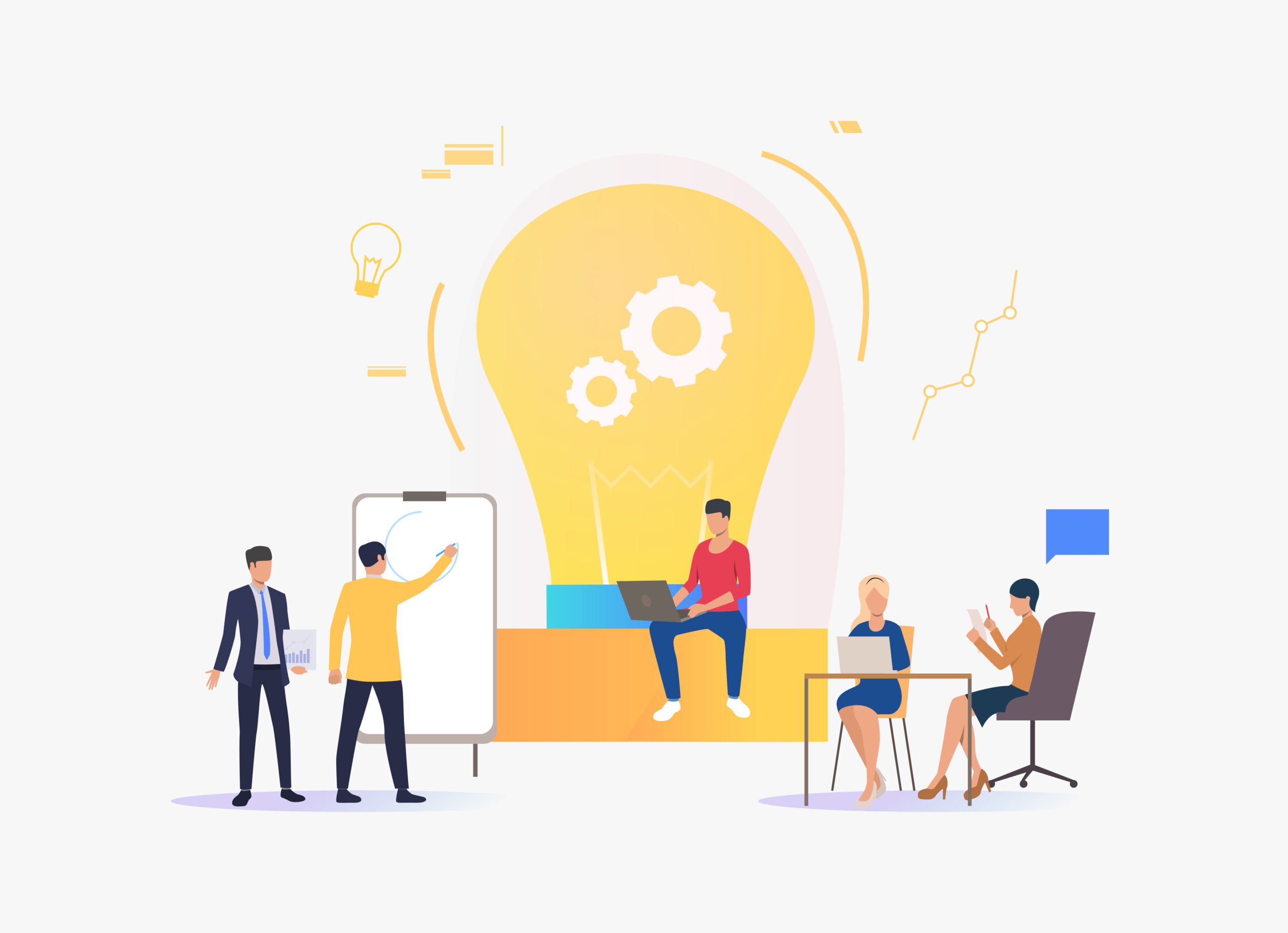You’ve probably heard your parents or grandparents say many times that learning doesn’t end with school, but it goes on for the rest of your life. Even though they were probably referring to theoretical notions related to a particular subject, what they told you is as true as it gets.
Yes, in the first years of life we learn to walk and talk, then write and read. Over time, the things we learn are more and more complex . But in addition to all the theoretical notions, people learn a lot of the experiences they have.
What is learning?
Almost any activity in our livesis the result of a previous teaching. However, many people still associate learning with school. However, the learning process starts in the first years of life, when we learn to talk, to walk, to eat, developing a wide range of skills.
Numerous research and studies have shown that learning is a continuous process that begins at birth and ends until the end of life. Lynda Kelly said in 2002 that learning is “a very individual, complex, and, on some level, indescribable process: something we do without thinking too much.”
Learning involves much more than just thinking: it involves the whole personality – senses, feelings, intuition, beliefs, values and will. If we don’t have the will to learn, we won’t learn and if we’ve learned, we’re actually changed in some way. Learning needs to meet certain personal needs and the recognition and identification of these needs allow us to assess whether learning was worth it and was successful.
Why are we learning?
We, as humans, have an inner need to discover and understand the world around us. This fundamental need, which has its origins since Prehistory, has evolved and laid the foundations for learning, as we know it today. Curiosity is also the main reason for whichhuman beings has developed, wishing to find more and more to make its life easier.
There are things we learn to be able to integrate into the community, skills that we develop to survive and information that we absorb so that we can build a career. Sometimes people learn things that help them become better known and lead better lives. In other cases, people can learn things that are harmful to their overall health and well-being.
As mentioned above, learning does not stop at a certain age. This claim is also confirmed by the fact that the most successful people in the world are those who learn continuously. In addition, learning keeps you young. If we believe that learning ends with school, then we cannot evolve further from that level. Curiosity and fascination rejuvenate the soul. The process of continuous learning helps us never to age, soul.
How and when do we learn?
Many people define learning as a constant change in behavior that is the result of all the experiences a person goes through. The process of learning new things is not always the same. Learning can happen in a wide variety of ways. That’s why, over time, psychologists have proposed a number of different theories.
Key ways include association learning. A neutral stimulus that naturally and automatically triggers a response is associated with a neutral stimulus. Eventually, an association is formed and the previously neutral stimulus becomes known as a conditioned stimulus that then triggers a conditioned response.
Psychologist Albert Bandura noted that many types of learning do not involve any conditioning, but in fact the evidence it appears may not even be obvious. Observational learning takes place by observing the actions and consequences of other people’s behaviour.
All these theories can often contrast with each other, depending on the type of learning they describe. But there are still some basic principles that apply to the vast majority of people.
Some people learn best when their physical environment is comfortable. In group situations, an emotional and positive supportive environment is also important. Individuals in groups tend to learn best when they can socialize and interact with other members of the group. People learn best if learning outcomes and/or rewards are clarified and can be demonstrated during or immediately after the learning experience. At the same time, self-assessment and reflexive practice are important. Learners should be encouraged to reflect on what Learning is not a one-dimension process. It takes place in many different ways and there are a wide variety of factors that can influence how and when people learn. While people often focus on the observable and measurable ways in which learning takes place, it is also important to remember that we cannot always immediately detect what has been learned. People are able to learn things that are not immediately observable.



